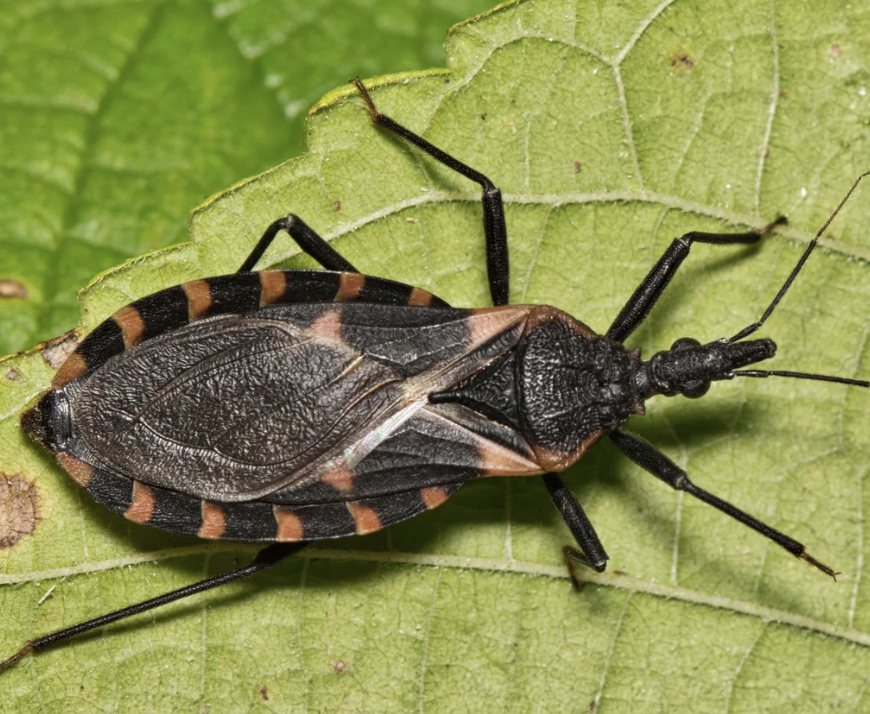Once again, it’s the time of year where you can’t go outside without being gnawed on by those little bugs that you swear get more aggressive every year. Although they’re nuisances, these bugs are actually doing more good than harm in agricultural areas.
Minute pirate bugs, “no-see-ums,” Orious insidiosus, or, insidious flower bugs, are helpful predatory insects that feed on bugs that would otherwise harm crops, as well as harmlessly feeding on pollen and nectar of flowers.
Pirate bugs can eat over 30 spider mites in one day. Organic farmers buy them as their form of pest control, alongside ladybugs, praying manti, assassin bugs, and other predatory bugs as forms of pest control and pollination, allowing their produce to be free of commercial pesticides and GMOs.
Pesticides can have tons of short and long term negative side effects. Short-term pesticide poisoning can include skin or eye irritation, vomiting, respiratory problems, and in extreme cases, comas or death. Long-term exposure to even low levels of pesticides can result in cancer, Parkinson’s and Alzheimer’s disease, and respiratory and heart diseases.
As crops are harvested and the weather cools, minute pirate bugs’ food sources begin to fade away. So as a Hail Mary, the bugs bite humans, hoping they’re food. However, after realizing that humans are neither pollen nor aphids, they fly away.
Their bite is their short beak breaking into you as if you were a small caterpillar. Some people swell up as if they were bitten by a mosquito, some only get a little red, and some people have no reaction. There’s a myth that the sting of the bite comes from the urine of the bug, but the sting is from the breaking of your skin, not any liquids.
Minute Pirate bugs are most active during daylight hours, and are most attracted to plants in the carrot and sunflower families, as well as corn, buckwheat, willow crimson clover, and alfalfa.
Minute Pirate bugs aren’t deterred by bug spray or garden insecticides. Pirate bugs don’t emerge from lawns, instead opting to thrive in fields and head to suburbs when food gets scarce. They spend so much time flying, they’re rarely touching a surface long enough to be affected by the pesticides.
Iowa’s economy is built on farming, and minute pirate bugs allow our farms to thrive. Every time you’re outside this time of year, remind yourself how much these tiny insects do so much for our ecosystem and farms before swatting at every bug in sight.












